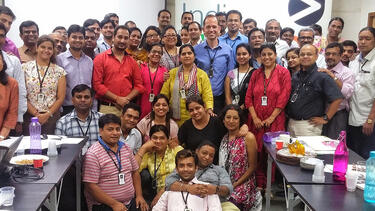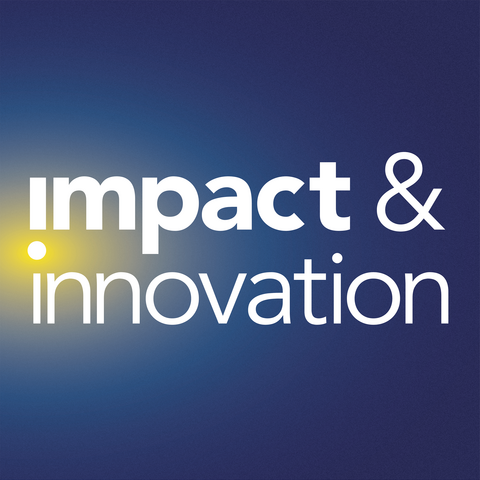Social Entrepreneurship
What Happens When Unions Bargain for Social Justice?
In a new study, Yale SOM’s James Baron and Daniel Julius examine the wave of unionization in museums, where workers often bring social-justice concerns to the bargaining table.

Can Social Entrepreneurship Complement Public Health Systems?
While social entrepreneurs are often criticized for building parallel systems alongside public institutions, writes Yale SOM’s Teresa Chahine, in the case of public health they can serve as a pathway to strengthen and complement the existing public health system, especially in low-resource settings.
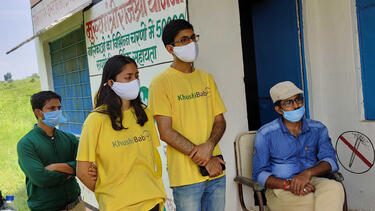
How Better Mobile Crowdsourcing Can Help Combat Food Waste and Feed the Hungry
Yale SOM’s Vahideh Manshadi and Scott Rodilitz worked with Food Rescue US to hone their strategy for connecting volunteers with food donations. Their findings can help other nonprofits harness the power of crowds for social good.
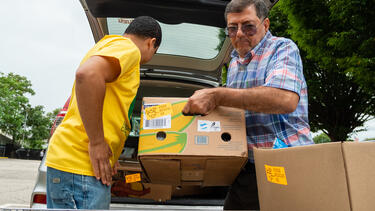
How You Can Invest in Racial Justice
Yale SOM’s Teresa Chahine and a panel of experts discussed how businesses, financial firms, and regular investors can make choices that empower local businesses and increase opportunity.
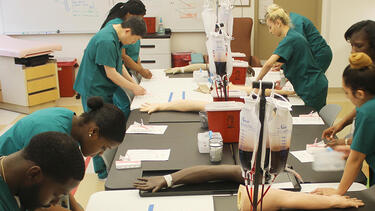
Feeding First Responders
John Wang SOM/YLS ’09, founder of the Queens Night Market, describes transforming the community camaraderie and diverse food that made the market a draw into a project to feed first responders.
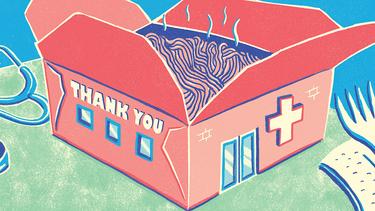
Responding to COVID-19 in the Developing World
The mass social distancing strategy being used to mitigate the spread of COVID-19 in the United States and Europe doesn’t easily translate to a developing country like Bangladesh, which lacks the capacity to impose restrictions or provide a social safety net for the unemployed.

How Evidence Can Make International Development More Effective
Research by Yale SOM’s Rodrigo Canales and Tony Sheldon points toward a new model that brings together academics, policy makers, and NGOs from the beginning of the process in order to better integrate evidence generation into policy and practice.
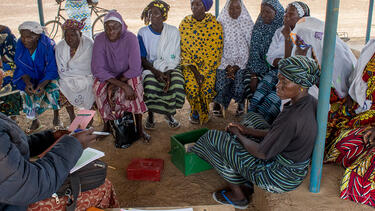
Study Leverages Peer Effects to Encourage Adoption of Hygienic Latrines
Consumers often aren’t willing to take a chance on a new product until their neighbors do. A new study investigated the use of targeted subsidies that leveraged such "peer effects" to spark adoption of hygienic latrines, which reduce the spread of pathogens.

Three Questions: Prof. X. Frank Zhang on the Drop in Charitable Giving
Adjusted for inflation, charitable giving in the United States fell by 1.7% in 2018, We asked Prof. X. Frank Zhang what explains the decline and how policymakers can encourage more giving.
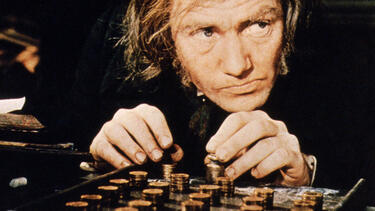
Is Making an Impact the Path to Profit?
According to Prof. Henrietta Onwuegbuzie of Lagos Business School, entrepreneurs focused on solving problems and ongoing innovation grow their businesses faster, make more money—and have a bigger impact than any government or nonprofit.
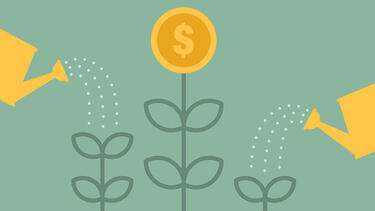
James Robertson ’99 on the Fallout from Doing the Right Thing
James Robertson ’99, former CEO of the India HIV/AIDS Alliance, on facing the consequences of a tough ethical call—and the unexpected upside that can result.
